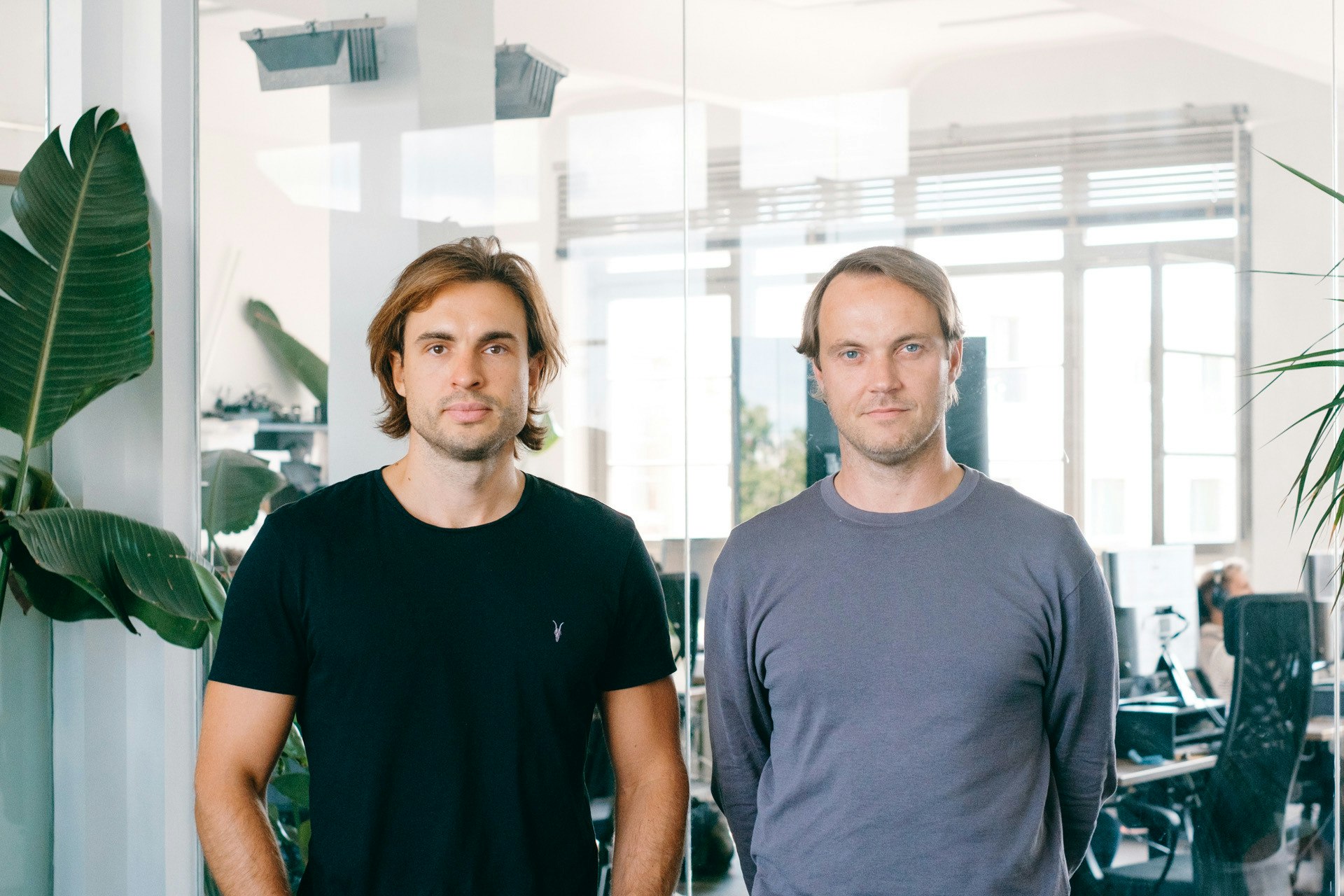2023 hasn’t been a great year for raising money — and the Nordics have been no exception. But while it has been AI that has bucked the trend in other European nations, climate tech has kept the Nordic tech wagon on the road.
It is not just about climate tech, either. Nordic VCs have also set up funds focused on industrial tech and even Web3. But in comparison to the billion-dollar generalist funds of 2022, only a handful have raised more than €100m in 2023.
And while Sweden and Norway are leading the way when it comes to the green wave, Finland and Denmark have found other areas to shine.
Here’s a round-up of what happened in Nordic tech in 2023.
Series B and mega-rounds are down in 2023
It is no secret that the investment climate has taken a beating since 2021. 2023 saw the total amount invested (to date) more than halved in comparison to two years ago.
But the $10.3bn invested in Nordic startups in 2023 still beats the years before 2021.
H2 Green Steel, Northvolt and Klarna are typically the Nordic scaleups that raise the most, and last year was no exception.
Swedish startups picked up the majority of capital: $6.5m in comparison to $3.7 between all the other Nordic countries. Finland has seen the largest drop in startup investments: $680m in 2023 in comparison to $1.9bn in 2022.
The number of $100m+ funding rounds has also decreased in the Nordics in 2023. From 24 rounds of over $100m last year, 2023 only had seven rounds at that level, according to Dealroom.
Who cares about AI when you have climate tech?
Six of the ten biggest raises, ranging between €75m and €1.5bn, in 2023 were climate tech startups.
And three of the six — H2 Green Steel, battery scaleup Northvolt and heat pump startup Aira, have the Swedish grandfather of climate tech Harald Mix as a shared cofounder.
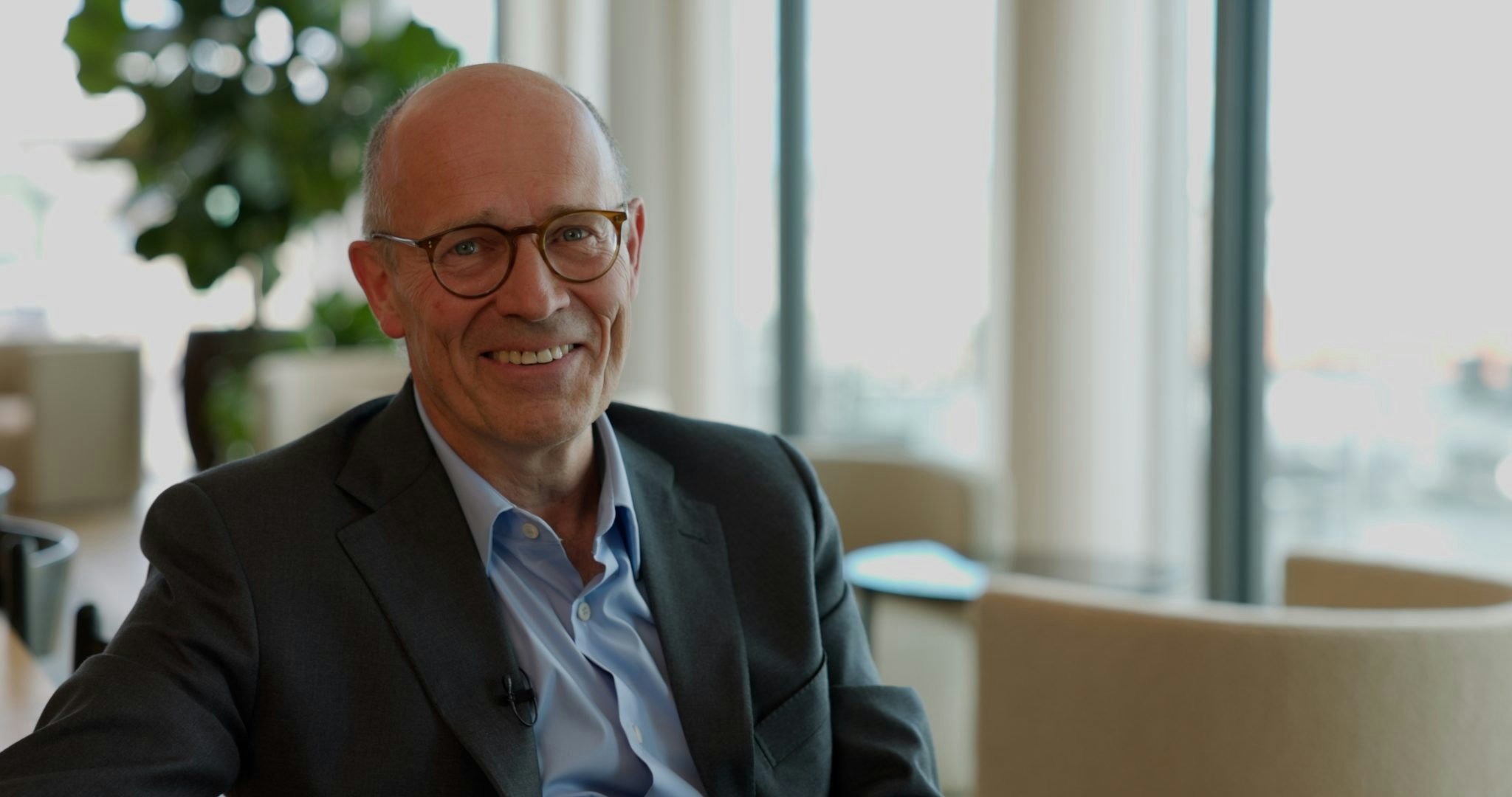
2023 was the year that Mix (who is called Sir Mixalot here at Sifted), who has typically remained behind the scenes, stepped out of the shadows.
He is believed to have drawn up a spreadsheet full of ideas on what climate issues he will focus on next. We await this with bated breath.
Although Sweden is the biggest tech scene in the Nordics, it is not the only Nordic nation focused on climate tech. The Norwegian battery maker Morrow, founded in 2020, raised €118m in 2023, and intends to build its first factory in 2024. Morrow is hardly alone in its focus on energy storage in Norway, the scene is bustling.
Iceland, perhaps surprisingly, also make an appearance in the top ten after ocean tech startup Water First raised €90m in total in 2023.
The company builder of the year
Less likely to appear in the headlines are Danish biotech startups Hemab Therapeutics, NMD Pharma and IO biotech, but they are comfortably among the ten largest startup investments in the Nordics in 2023.
Denmark doesn’t have a healthtech Harald Mix, yet, but it does have Europe’s most valuable company, Novo Holdings, the parent company of miracle drug Ozempic. Novo Holdings has an annual budget of €200m to build and invest in early-stage therapeutics startups and has invested in all three of these biotech startups.
The most surprising new fund of 2023
Industrial tech might not be as sexy as AI, but in terms of solving the climate crisis it is arguably going to be as important. Finnish VC Kvanted certainly thinks so, and it closed its first €70m fund to focus on industrial tech in 2023.
But the most surprising move of 2023 is Heartcore’s new Web3 fund.
Surprising because wasn’t Web3 supposed to be dead?
Heartcore’s partner Yacine Ghalim doesn’t think so.
“It's very important for a VC to stay relevant and stay on their toes. If you want to play that game, you have to play the game fully. If you don't invest in protocols, I think you can't call yourself a tech investor anymore,” he said.
The most awaited startup launch of the year
Swedish media has followed Spotify founder Daniel Ek’s new healthtech startup for years, despite knowing very little about it. Sifted was able to shine some light on it in late 2022, when we revealed the serial entrepreneur’s secret startup was a primary care clinic with whole-body diagnostics hardware.
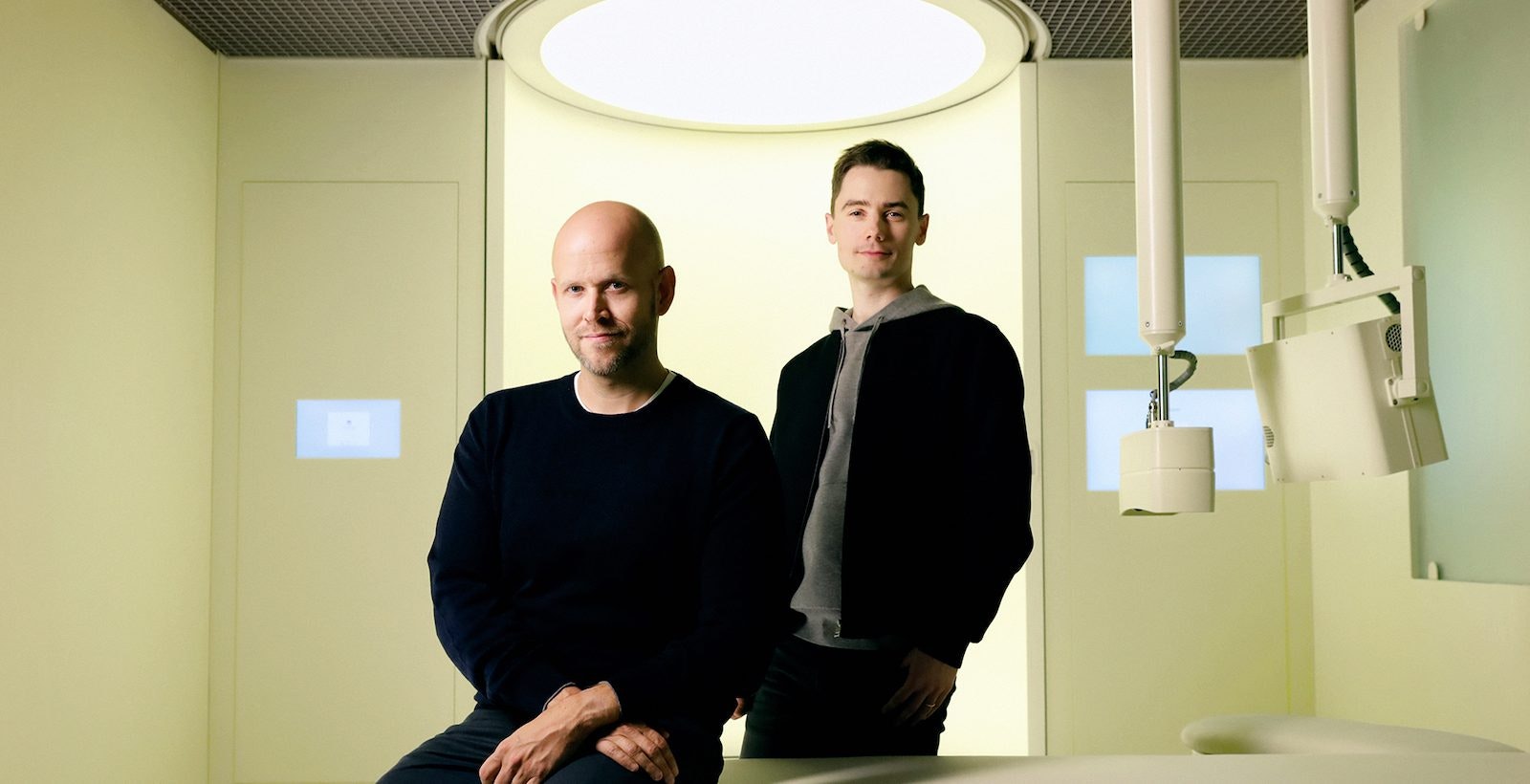
It wasn’t until earlier this year when Neko Health was launched that Sifted was able to try it out.
The next step is European expansion. We will be watching.
The fight of the year
EV charging company Easee was one of Norway’s fastest-growing startups.
Then in early 2023, the Swedish National Electrical Safety Board banned Easee’s best-selling EV chargers. Easee has appealed the decision and the case will be decided in court in January 2024.
The ban has led to increasing problems for the company, which has shrunk from 500 employees to about 150 in a year. It was able to raise a 60 NOK (€5.2m) convertible note from existing investors in August to save it from insolvency.
Whether Easee can turn things around remains to be seen.
The breakthrough of the year
Norway hasn’t only delivered battery and EV companies of late, it has also produced startups looking at different types of energy storage. Photoncycle has been working on a solution that could make households energy self-sufficient by storing solar energy from summer to winter cheaper than batteries. It is now working on a demo in Norway ahead of entering the Danish market in 2025.
The accelerator fuck-up of the year
The Swedish branch of the US accelerator Techstars opened in Stockholm in the autumn of 2021, and in March 2023 it welcomed a new cohort of 30 founders to its programme.
Just a couple of weeks in, Techstars announced it was shutting down its programme in Stockholm immediately.
"We have made the difficult decision to close the Stockholm accelerator due to the unique complexity and relative high costs of the market,” Techstars told Sifted.
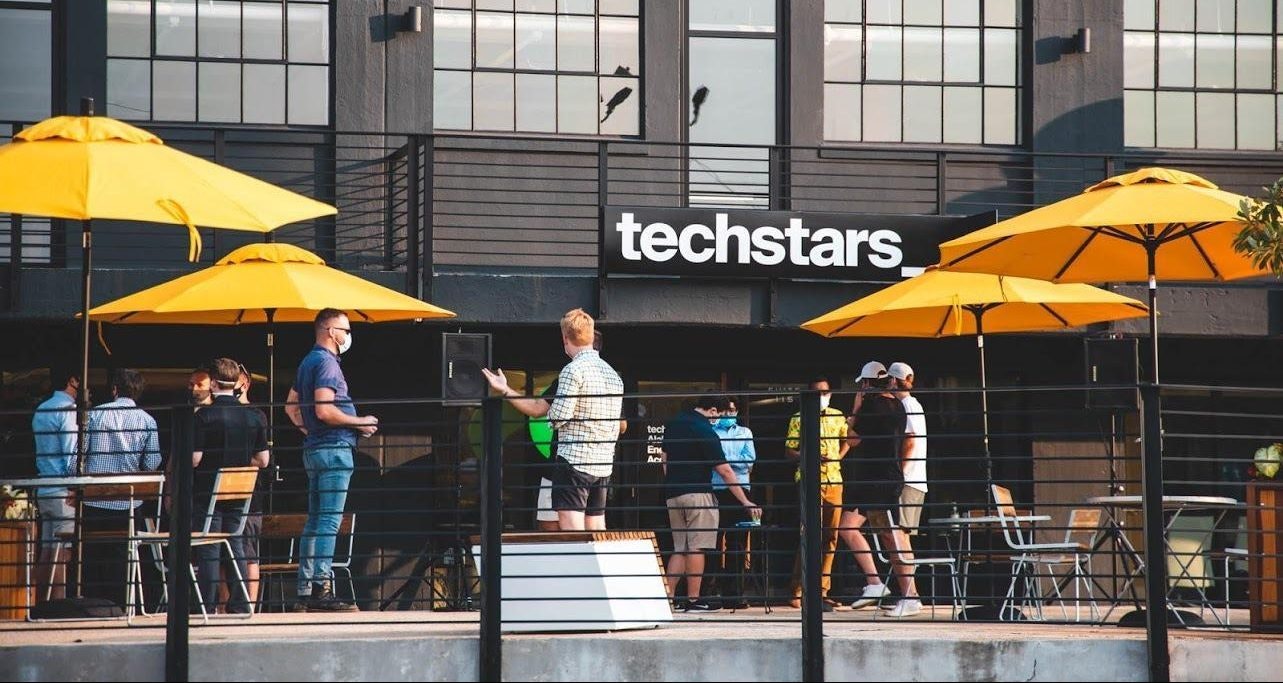
Members of the ecosystem were surprised at how abruptly Techstars’ decision came and some even called the situation “a shit-storm”. Doing a U-turn, Techstars decided to continue the Swedish cohort a week later and then closed the Stockholm accelerator completely.
Techstars is not the first to try and fail to break Sweden. In 2016, US accelerator 500 Startups launched in Stockholm and was closed within a year.
The merger of the year
Grocery delivery startups have had a difficult year, especially those that haven’t been able to compete on price with physical stores.
For example, Sweden’s Mathem, which has seen its valuation drop more than 50% since 2021.
Valuation wasn’t the biggest issue for Norway’s Oda, rather the changing focus on its investors, which saw international expansion put on hold and a retreat from Germany and Finland in 2023.
With only the Norwegian market remaining, the company was profitable in operations in 2023 but for logistics, which requires far bigger volumes.
So in November, the two companies merged.
“This is a dream come true for me,” Oda’s cofounder and CEO Karl Munthe-Kaas told Sifted, adding that the two companies had been talking about a merger since 2019.
The ship that turned around
To talk about the Nordic tech scene without talking about Klarna is like Christmas without Santa.
Although fintech has taken a backseat to climate tech and GenAI of late, it remains one of the strongest sectors in the Nordics. Klarna, the biggest of the bunch, started the year with an annual loss of $1bn for 2022.
Then in the summer, it announced that it was outsourcing 250 of its customer services staff, and added another 500 to the list in October.
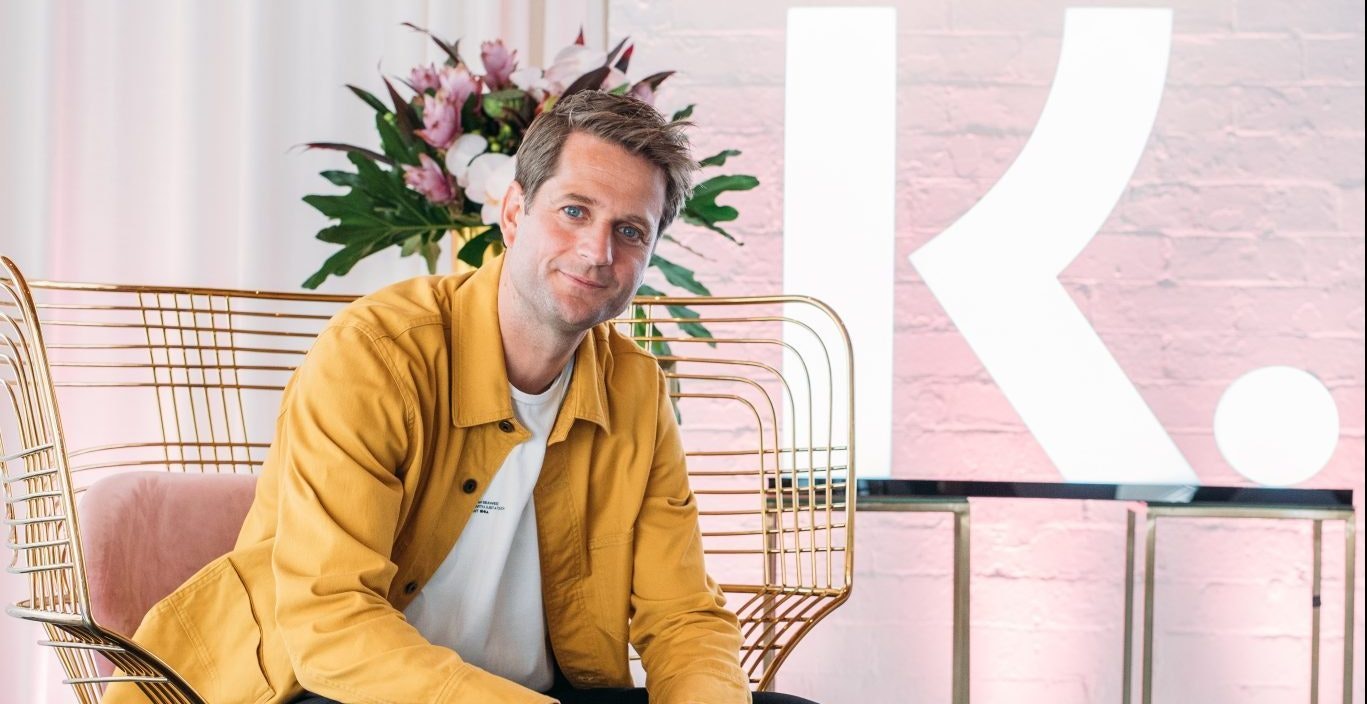
For people reading the news on outsourcing and the layoffs of 2022, the threat of strike action from worker unions in Sweden that hit Klarna in October may not come as a big surprise. The unions and the payment company wouldn’t agree on a collective bargaining agreement. The issue was resolved a few days before a planned strike when Klarna finally backed down.
Despite major losses and employee issues, Klarna has been able to turn the company around. Already in May, Klarna CEO Sebastian Siemiatkowski said that the scaleup was “firmly on track” to hit profitability “on a monthly basis” in the second half of the year. And for its third quarter of 2023, it reported its first profitable quarter in four years.
What awaits for 2024?
2023 saw large projects such as that of Finnish AI scaleup Silo, datacentre project evroc and a range of new battery and energy storage projects. Next year, we will see more, which will mean more people turning to scaleups for work.
In 2023 Tesla, Spotify and Klarna all fought with unions about worker rights. The Swedish model that has worked well in the past is now increasingly being threatened by scaleups arguing the need for speed.
2024 will likely see further disagreements between worker unions and scaleups, and there is a need for the startup ecosystem to take a deeper look at the Swedish model and to see how it fits with large startups. Perhaps the collective bargaining agreements can be adjusted somewhat without workers losing their employee rights. The system cannot bend backwards for startups but Sweden needs to make the new industry buy into the Swedish model — if not, there is a risk it will slowly die.

